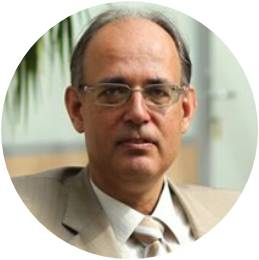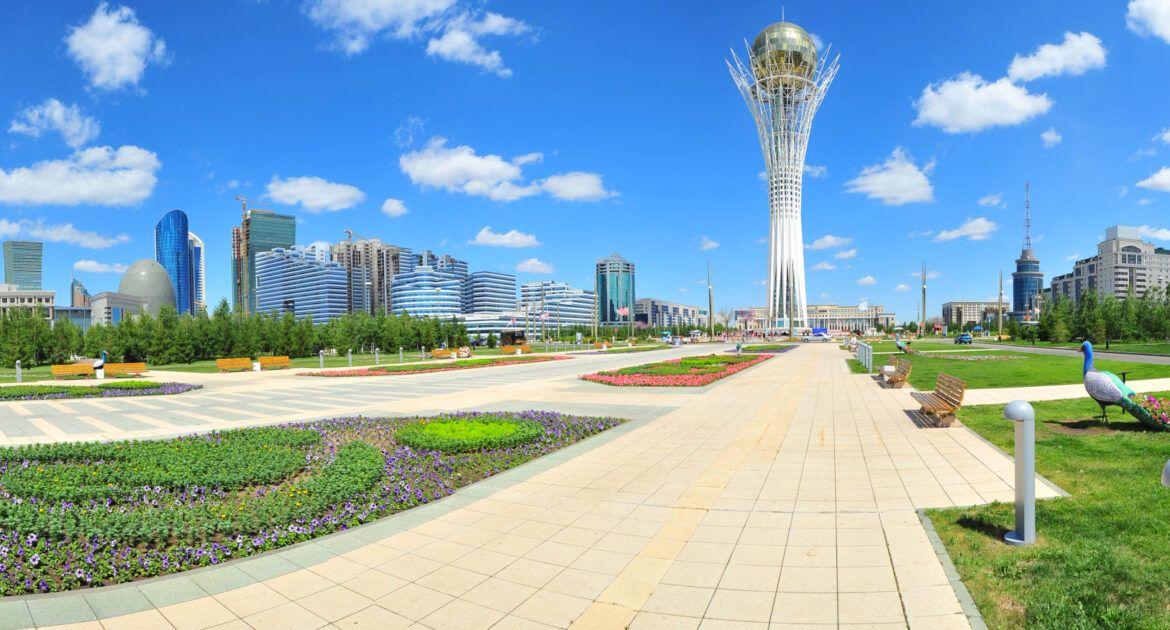
Why did you choose to work in Kazakhstan?
Because of private reasons – my wife is Kazakh. We met during our studies in the UK in 1994. We were classmates in the Master of Organisational Analysis and Behaviour at the Lancaster University Management School. After that my wife moved to The Netherlands. We lived there for 9 years. My wife worked in the head office of ING Bank and was asked to head the ING Bank representative office in Almaty. We moved to Kazakhstan at the end of 2003. I was a Senior Management Consultant in The Netherlands. In Kazakhstan, I came into contact with the Kazakh-British Technical University (KBTU) in Almaty. They asked me to join them to launch the London School of Economics (LSE) franchise programme at KBTU. In 2004, I became the Foundation Dean of the International School of Economics (LSE) at KBTU and successfully launched the LSE franchise in 2005.
What appeal does Kazakhstan hold for western academics?
Several things. First of all, the warmth and hospitality of the Kazakhstani people. Secondly, the country is developing fast, the mood is positive. Although with the crash of the oil price the economic circumstances and mood became less positive, I’m sure soon Kazakhstan will be on track again to develop further. Thirdly, the breath-taking nature surrounding Almaty, the beautiful mountains especially. And Almaty itself is a very pleasant city to live in, it has all you need, nice opportunities for going out.
How did you prepare for the move?
Because my wife is Kazakh, we had visited Kazakhstan since 1995 regularly. Thus, the country and the people were not new to me. Of course, living in another country is different from visiting it. But I am very close to my wife’s family. And we had many joint friends already before we moved. What is important is to work and meet new people yourself – as a foreigner. My first job in Almaty at KBTU was very helpful to find my own way here.
How does the work differ from that in a European university?
Education in Kazakhstan had (from 2004 on), and still has, many traits of the old Soviet school of education: root learning, bid distance between the teacher and the students. Also, the administrative part of organisations still have quite some traits of that time. That is not always easy. But things are changing step by step into more international practices, especially in the classroom. And students are very positive about these changes, which creates a positive work environment.
How does Kazakhstan university teaching differ from Europe?
When bachelor students start at the university, they need to adjust from root learning to critical thinking. The first year especially is challenging in that respect. But students adjust fast and are eager to learn to contribute to class discussions.
How did the visa process go?
In the past, I was dependent on a visa. That was not always easy, regulations changed often and were not always “logical”. Since I got my residence permit, I no longer need a visa. This made things a lot easier, both concerning visa and work permits.
What was it like during the first few days and weeks?
Since I had visited Almaty many times before we moved and my wife is Kazakh – we have her family in Almaty and many friends – it was not that hard to adjust. When I started working, I had to get used to many practices I was not familiar with. But since I worked in a part of the organisation that was more international, it was not difficult to find my way.
What about the language barrier?
I learned a bit of Russian before I moved to Almaty and a few Kazakh phrases. That is highly appreciated. However, my language capabilities developed quite slowly unfortunately. My Russian is still intermediate. With young people that is usually not a problem, they often speak English. With others I try to speak in Russian as good as I can. At work, most of the colleagues I work with directly can also communicate in English, that is not a barrier.
How has working overseas helped your career?
I have worked and lived in Kazakhstan for 13 years now. I have made a good career here, both in higher education and in the business sector (PwC, AIG Insurance).
Have you got any advice for other academics planning to work overseas?
It is very enriching to work and live in a country and environment other than your native place. You learn other cultures, understand your own culture in a different way and see things from different perspectives. I highly recommend this to anyone. It is also very rewarding to – on a small scale of course – contribute to the development of an emerging country. Once you arrive in a new country, try to focus on making friends with people from that country and don’t rely too much on other expats. The experience is much more enriching when you immerse yourself in the local communities.





Leave a Reply